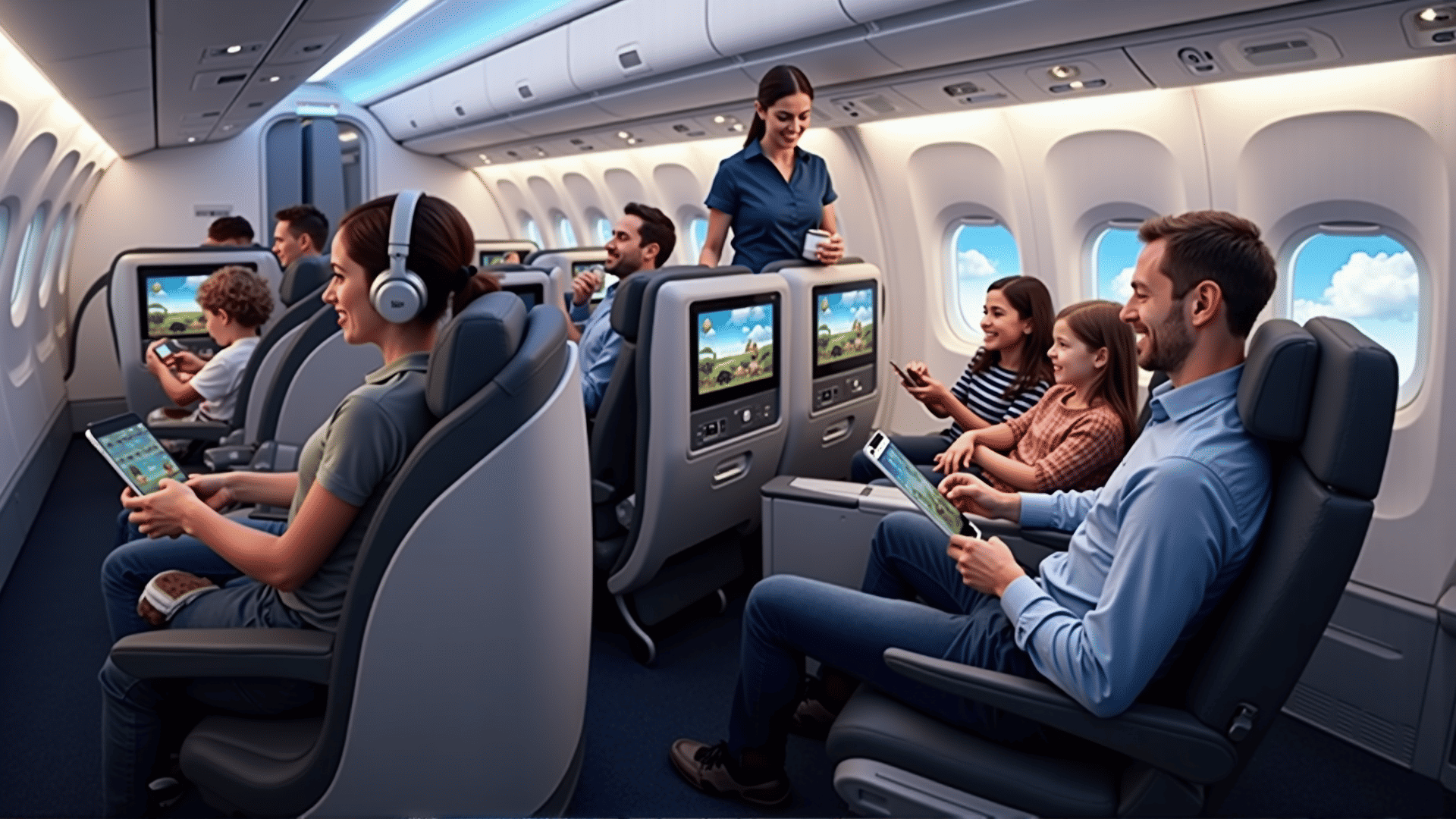The landscape of air travel is undergoing a remarkable transformation, driven by the need for sustainability, enhanced passenger experiences, and cutting-edge technological integration. As the aviation industry looks to the future, these elements are at the forefront of redefining how we fly together.
Airlines are increasingly prioritizing sustainability, recognizing the urgent need to reduce their carbon footprint. The introduction of more fuel-efficient aircraft is a pivotal step in this direction. Airlines are investing in next-generation engines and lightweight materials that reduce fuel consumption, while also exploring alternative fuels like sustainable aviation fuel (SAF) that promise a significant decrease in greenhouse gas emissions. Moreover, advancements in electric and hybrid aircraft technology, though in their nascent stages, hold the potential to revolutionize short-haul flights, making them cleaner and more efficient.
The passenger experience is also undergoing a radical shift. Airlines are leveraging technology to provide seamless, personalized journeys from booking to landing. Contactless check-ins, biometric boarding, and virtual reality (VR) experiences are becoming commonplace, allowing travelers to move more swiftly and comfortably through airports. Onboard, the focus is on enhancing comfort and connectivity. High-speed internet is becoming a standard feature, enabling passengers to stay connected and entertained throughout their flights. Additionally, airlines are experimenting with customizable cabin environments that allow passengers to adjust lighting and seat settings to suit their preferences, further enhancing comfort.
Technology plays a crucial role in this evolution, not only in aircraft design and passenger experience but also in operational efficiency. The adoption of artificial intelligence (AI) and big data analytics helps airlines optimize flight paths and improve maintenance scheduling, reducing delays and enhancing safety. Moreover, the use of blockchain technology in managing passenger data and ticketing streamlines operations, reduces fraud, and enhances security across the board.
The redefined future of air travel is also about inclusivity and accessibility. Airlines are working to ensure that flying is a universal experience accessible to everyone, regardless of physical abilities. This means improved facilities for individuals with disabilities and services that cater to elderly passengers and those with sensory impairments.
As we look to the future, the airline industry's blend of sustainability initiatives, technological advancements, and a renewed focus on passenger satisfaction suggests a promising trajectory. The collective goal is to create a more sustainable, efficient, and enjoyable mode of transport that keeps pace with our rapidly evolving world. As these changes take flight, the way we travel promises to be more environmentally conscious, technologically driven, and passenger-focused than ever before, shaping a new era of air travel that benefits us all.
